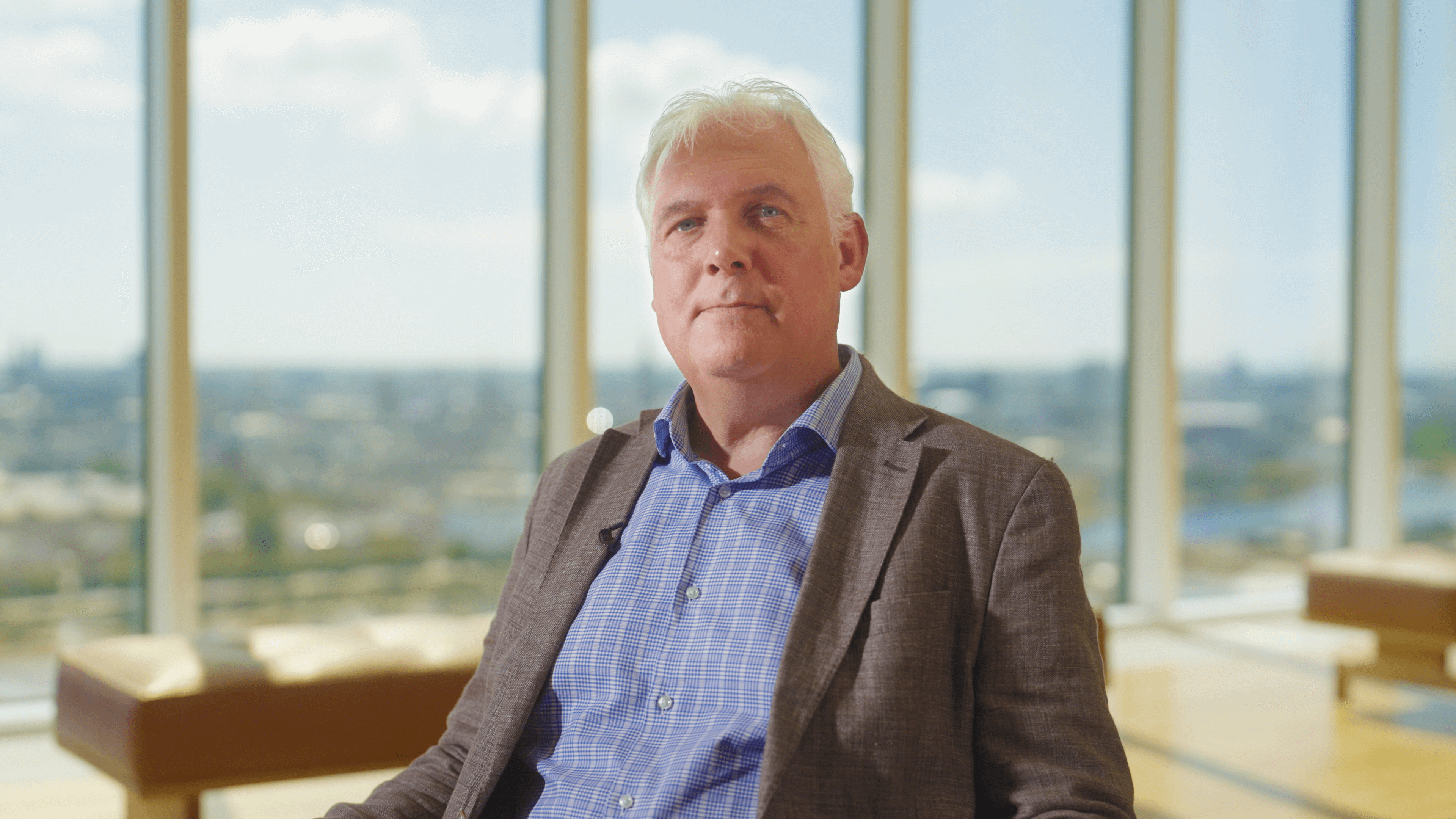Jesper Svejstrup receives the Carlsberg Foundation Research Prize 2024
Professor Jesper Svejstrup receives the Carlsberg Foundation Research Prize for his research on how DNA is transcribed and repaired, which is important for understanding cancer and neurological diseases.

Today, Professor Jesper Svejstrup from the University of Copenhagen received the Carlsberg Foundation Research Prize 2024. The prize is awarded annually by the Carlsberg Foundation to two recipients who have contributed with excellent basic research and it is generally regarded as a great recognition.
“First and foremost, I am, of course, very happy and proud to be awarded the Carlsberg Foundation Research Prize. It is a great honor, and I am especially pleased because I have worked outside Denmark for most of my career, and this prize shows that our work has nevertheless been noticed and had an impact,” says Jesper Svejstrup, who is a professor and center leader at the Center for Gene Expression (CGEN).
The two prize recipients are each honored with DKK 2 million. Of this, 1.5 million is allocated to research activities, while DKK 500,000 is given as a personal prize, and Jesper looks forward to using the prize for research he might not otherwise have undertaken.
“Normally, a grant is earmarked for a specific purpose or project. But a prize like this can be used a bit more freely, and we will use it to support high-risk projects that can potentially generate new exciting research areas,” he says.
A Fascination with DNA
Jesper Svejstrup receives the prize for his important work in understanding the basic principles of how DNA is transcribed, and our genes are repaired.
“Transcription, or the reading of genes, forms the basis for all life; it is the process by which the codes in our DNA are converted into messenger molecules that make the enzymes and proteins that create a functional cell,” he explains.
The results from Jesper Svejstrup’s laboratory have helped increase our insight into transcriptional regulation and how it interacts with the repair of damaged DNA and the human diseases associated with it.
Jesper Svejstrup says that he was fascinated by DNA already in high school, and later as a PhD student, he worked with DNA topology and later in his career with gene decoding, also known as transcription.
“More recently, we have become more and more interested in how the ‘transcription machinery’ that reads genes is influenced by other processes occurring on DNA, such as DNA replication and repair, but also in how cells at the transcription level respond to stress,” he says.
Read more about Jesper Svejstrup’s research on the Carlsberg Foundation’s website.
Contact
Professor Jesper Svejstrup
jsvejstrup@sund.ku.dk
